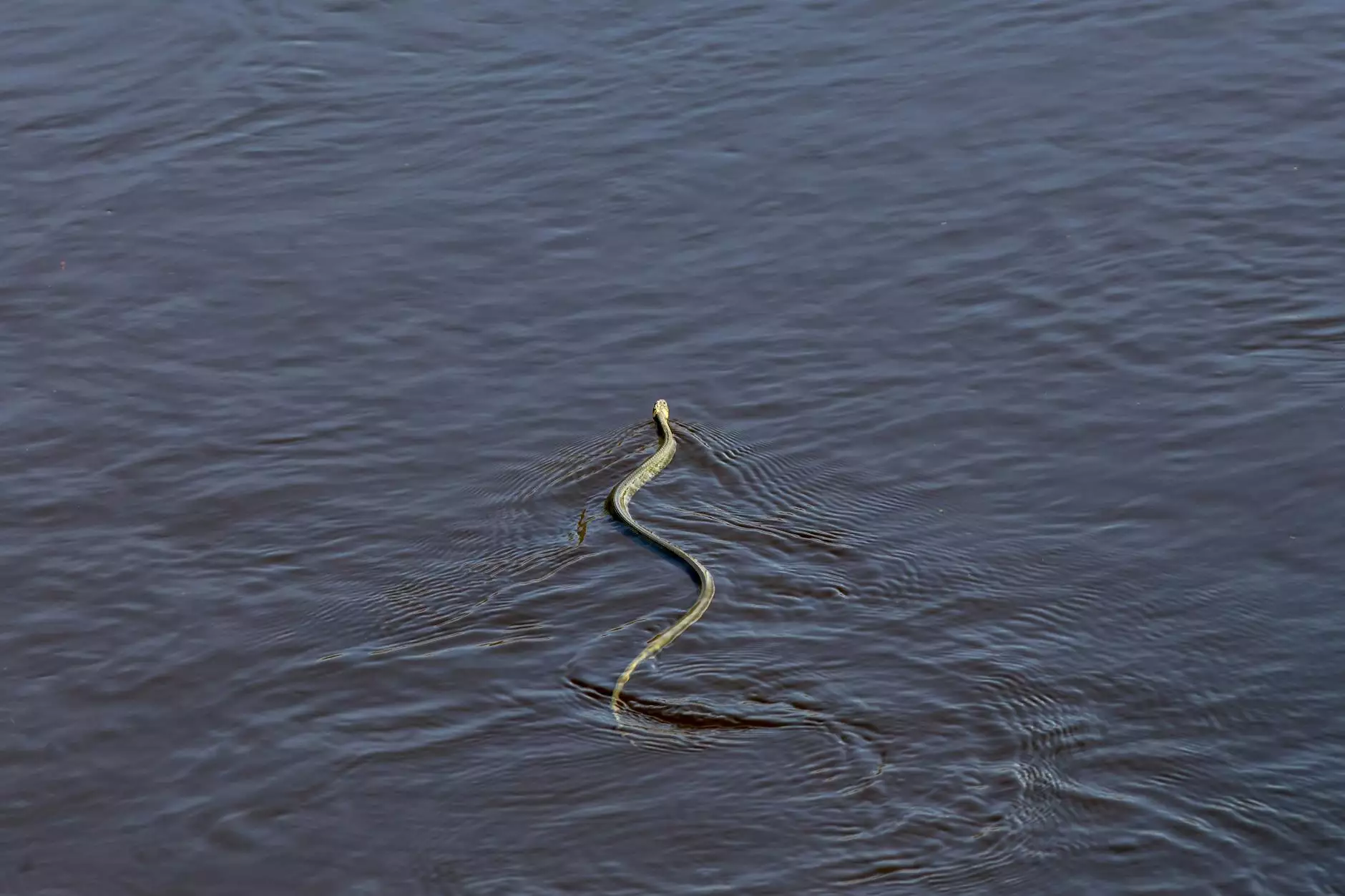Buy Baby Snakes: A Comprehensive Guide to Young Serpent Ownership

If you are considering buying baby snakes, you've embarked on an exciting journey into the realm of exotic pets. Baby snakes are not just fascinating creatures but also make for unique companions when cared for properly. In this article, you will find extensive information about the different types of baby snakes available, how to care for them, common concerns, and why purchasing from reputable breeders like eu-exoticreptiles.com is paramount.
Understanding Baby Snakes
Baby snakes, or hatchlings, are young reptiles that offer an array of benefits. They are generally easier to handle, more manageable in size, and provide an opportunity for owners to raise them from a young age. Here’s what you should know:
- Size Matters: Baby snakes are typically smaller and can range from just a few inches to a couple of feet depending on the species.
- Temperament: Many species tend to have a more docile temperament when young, making them easier to bond with.
- Longevity: With proper care, many species of snakes can live for years, with some exceeding 20 years.
Types of Baby Snakes You Can Buy
When you decide to buy baby snakes, it’s essential to choose a species that suits your lifestyle and experience level. Here are some popular baby snake species to consider:
1. Corn Snakes
Corn snakes are one of the best species for beginners due to their calm nature and manageable size. They come in a variety of colors and patterns, and they are known for being excellent feeders.
2. Ball Pythons
Ball pythons are famous for their docile personality and beautiful morphs. They are relatively easy to care for and grow to about 3-5 feet long, which makes them manageable for most owners.
3. Eastern Garter Snakes
These snakes are commonly found in the wild and adapt well to captivity. They are small, easy to handle, and have a varied diet, making them a good choice for novice snake owners.
4. Hognose Snakes
Characterized by their unique upturned snouts, hognose snakes have a defensive display that includes playing dead. They are known for their quirky behaviors and intriguing personalities.
What to Look for When Buying Baby Snakes
Choosing a healthy baby snake is crucial for a successful pet ownership experience. Here are some key factors to consider:
1. Health and Appearance
A healthy baby snake should have clear eyes, smooth scales, and a robust body. Check for any signs of illness such as lethargy, unusual swelling, or discoloration.
2. Breeder Reputation
Always purchase snakes from reputable breeders like those found on eu-exoticreptiles.com. A good breeder will provide health guarantees and proper documentation of their animals.
3. Documentation
Ensure that the baby snake comes with proper documentation including lineage, health records, and care instructions. This information is vital for your snake’s care and breeding potential in future.
Setting Up a Suitable Habitat
Once you choose your baby snake, the next step is to create a comfortable and safe habitat for them. Here’s a breakdown of essential setup components:
1. Enclosure Size
The size of the enclosure will depend on the species of snake. A good rule of thumb is to start with a tank that is at least 20 gallons for smaller species and up to 40 gallons for larger species.
2. Heating and Lighting
Baby snakes are ectothermic, meaning they rely on external sources for body heat. Use heat mats or lamps to maintain an appropriate temperature gradient (warm and cool areas within the tank).
3. Substrate
Use safe substrates such as aspen shavings or coconut fiber. This will help with humidity levels and provide a natural environment for your baby snake.
4. Hiding Spots
Snakes are naturally secretive animals. It's crucial to provide various hiding spots using commercially available hides or creative DIY solutions, ensuring your baby snake feels secure.
Feeding Baby Snakes
Feeding your baby snake properly is vital for their growth and health. Below are key guidelines to establish a feeding routine.
1. Types of Food
Most baby snakes eat frozen or live prey, like pinky mice. Ensure the size of the prey is appropriate for your snake’s current size to avoid choking hazards.
2. Feeding Schedule
Young snakes generally need to be fed once a week. Monitor their growth to adjust feeding frequency and meal size appropriately.
3. Hydration
Always provide fresh water in a shallow dish. Changing the water regularly ensures hydration and cleanliness within the habitat.
Caring for Your Baby Snake
Caring for your baby snake extends beyond feeding and housing. Here are some essential care tips:
1. Handling Your Baby Snake
When you first bring your baby snake home, allow them time to acclimatize. After a few days, you can start handling them gently and progressively. Remember, patience is key.
2. Health Monitoring
Keep an eye out for signs of stress or illness. Regularly check for any changes in appetite, shedding, and activity levels. If something seems off, consult a reptile vet.
3. Shedding
As your baby snake grows, it will shed its skin. This process is normal, and providing appropriate humidity in their habitat will facilitate a smooth shedding process.
4. Regular Cleaning
Maintain a clean living space by spot cleaning waste daily and conducting a thorough clean of the enclosure weekly. Remove uneaten food to prevent the growth of harmful bacteria.
Common Concerns When Buying Baby Snakes
Despite the joys of owning baby snakes, potential owners often have concerns. Here are a few common issues addressed:
1. Fear of Snakes
Many people have a natural fear of snakes. Educating yourself about snakes and their behavior can help dispel myths and lead to a more comfortable relationship with your pet.
2. Allergies
While rare, some people may being allergic to snake bedding or the snakes themselves. Monitor any symptoms and consider alternatives if necessary.
3. Lifespan Considerations
Understanding that some snake species have long lifespans is important. Ensure you’re committed long-term to caring for your baby snake.
Final Thoughts: Is Buying a Baby Snake Right for You?
As you consider whether to buy baby snakes, weigh the responsibilities against the joys they offer. Owning a snake can be a rewarding experience filled with unique interactions and a deeper understanding of these incredible reptiles.
Always remember to source your baby snake from reputable breeders, such as eu-exoticreptiles.com, to ensure you are starting your journey on the right foot. With the right knowledge, patience, and care, your baby snake can thrive and become a cherished part of your life.
Embrace the adventure of snake ownership and enjoy all that these enchanting creatures have to offer!



